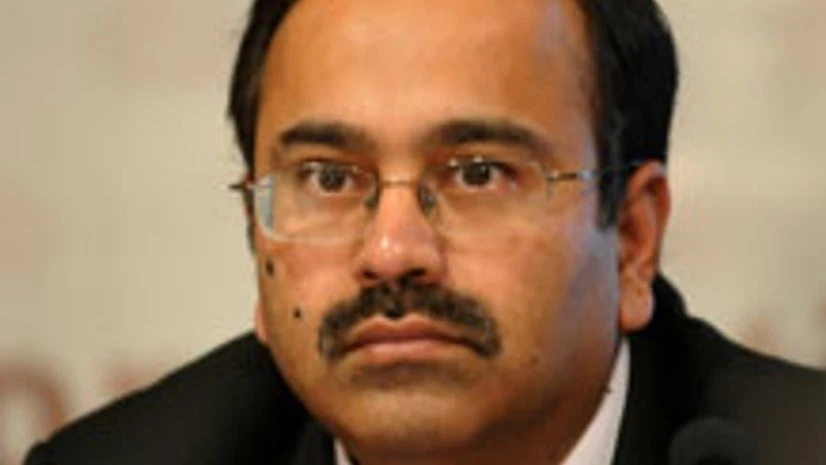Companies are more likely to sell assets in the foreseeable future than earlier, owing to their debt burden, says Anup Bagchi, chief executive officer, ICICI Securities. In an interview with Nishanth Vasudevan, he talks about various issues impacting markets and companies. Edited excerpts:
These days, the market is being driven by comments and expectations linked to QE-III (the third round of quantitative easing by the US Federal Reserve).
QE-III tapering is a matter of time; that it will not happen isn’t a luxury we have. But the more time we get, the better it will be for us to correct some domestic issues, as the economy is not in the best of health. One positive is the liquidity coming into equities is partly helping the government keep CAD (current account deficit) under control. That said, ripples will be felt whenever QE is tapered.
More From This Section
FIIs (foreign institutional investors) have been far more positive on India in the last two months. A large chunk of the money is coming from the US; much less is coming from Asia. Of the inflows, a sizeable portion is coming into indices or large-caps. This is because new investors, who want allocation to India, don’t want to get into too much of stock-picking. So, FIIs are taking a macro-call on India. Another thing that is happening is many FIIs who had opted for stock-picking, especially in mid-caps, are sitting on severe losses on their portfolios. This is also because of the weaker rupee. So, as of now, FIIs are staying away from mid-cap stock-picking. Unless volatility in India increases, it is unlikely massive amounts would be pulled out because these are quant-type allocations. These allocations are done on macro factors.
I have also noticed there is a link between the extent of the inflows and the distance between the foreign investor’s home country and the investing country — the farther the FII is located from India, the more exaggerated is the view. So, when the sentiment in India was negative, US investors were much more negative than others. Now, they are neutral-to-positive.
Despite the stress, few companies are restructuring. How long will companies be able to manage with huge amounts of debt on their balance sheets?
In the last 10 years, many asset-heavy companies in the small- and mid-cap space had grown rapidly. A lot of the growth has been funded through debt. So, as the debt increased, internal accruals were pushed out. There is much more stress there. In many companies, there are good assets. In some cases, it is work in progress, while in others, the work hasn’t started. So, we are going to see more cases of promoters selling assets than earlier, as there is clearly pressure on them to reduce debt. But this cannot be said for all cases, because not all companies have good assets. Also, buyers are not crowding to purchase these assets. Between 2005 and 2007, private equity (PE) was a huge source of capital. But that declined significantly because $60 billion of PE investments are stuck. They are unable to exit and, as a result, are unable to bring in fresh money. The other source of capital between 2005 and 2007 was European banks. But now, these banks are not lending because of their own recapitalisation requirements. Domestically, too, all savings are going into debt instruments, not equity. So, there is no domestic equity money, unlike the 2005-07 period.
The broking industry is going through a stressful phase. Where is the industry headed?
Consolidation is unlikely in the broking industry because players tend to cut capacity when in stress. But there are some, like us, who are in a sweet spot because we span across investor classes and product categories. While equity volumes have taken a hit, the number of debt issuances is at an all-time high. What is happening is brokerages with business focus say only retail or only institutional are unable to survive because of this. Also, pooling of resources within the group is becoming important, as it reduces costs.
What are your thoughts on Sebi’s recent moves to popularise equities among investors? Isn’t Sebi overlooking the fact that market conditions aren’t conducive?
Sebi is trying to ensure it is easier for all categories of investors to come to the market. It is also trying to boost trust levels in the market. But at this point, returns from debt (primarily tax-free) instruments are clearly higher than equities. So, at such attractive yields, investors are bound to lock-in their money in a high interest-rate environment for a longer period. Investors will return to equities when the economic situation improves.

)
